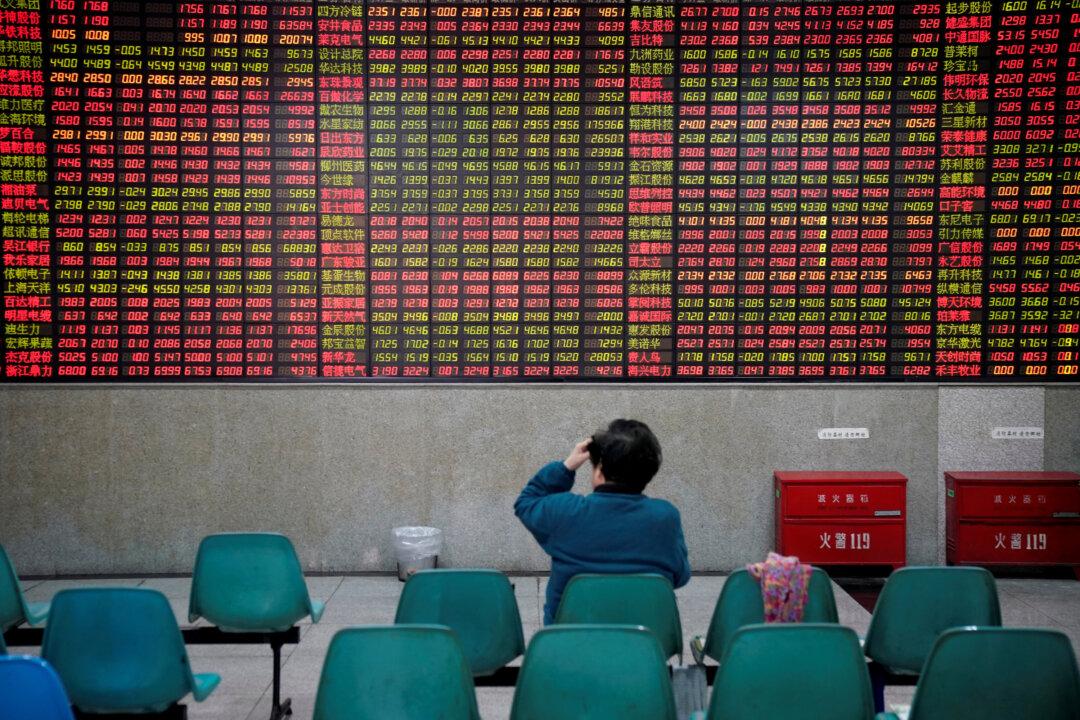News Analysis
The final GDP growth number issued by the Chinese Communist Party after its recent National Congress was, of course, inch-perfect and tailored to expectations. The Chinese economy grew 6.8 percent in the third quarter, providing a nice backdrop for the congress in October. Now that the congress is over, however, and Xi Jinping has strengthened his grip on power, the regime is getting serious about reform, which is unsettling for financial markets.





